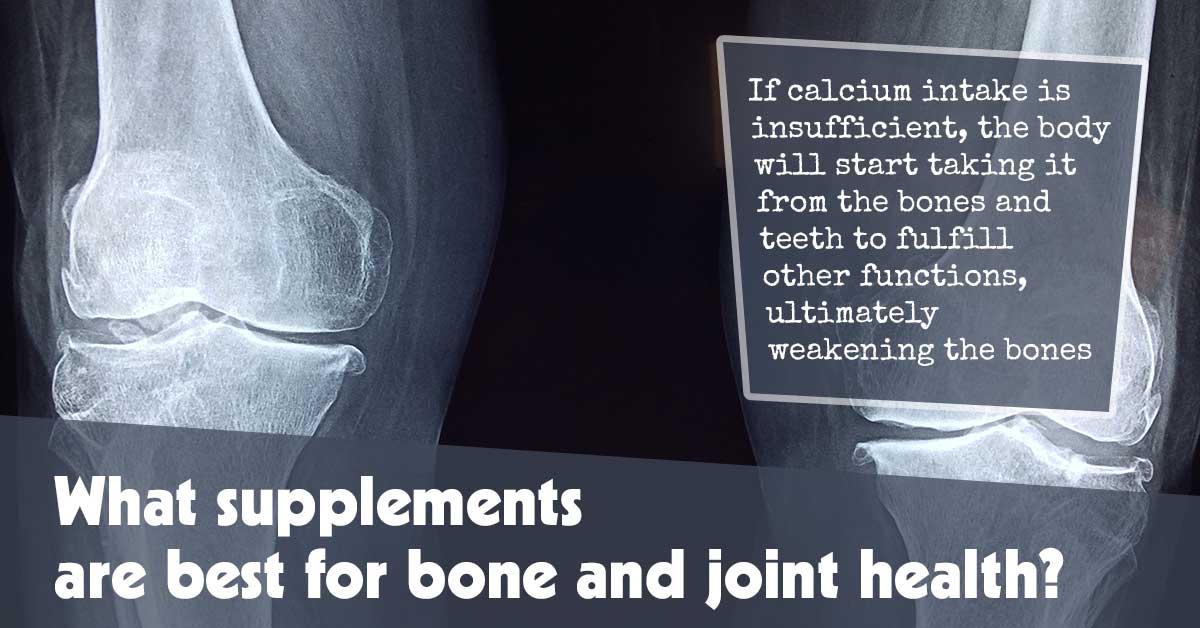Which Supplements Promote Bone and Joint Health Most Effectively?
Discover the secret powers of nature’s best kept secrets for bone health.
Explore this comprehensive guide.
Calcium is the cornerstone of bone health
Calcium is essential for the building and maintenance of strong, healthy bones. Over 99% of calcium in the body is stored in teeth and bones. Calcium is also needed for other bodily functions, such as hormone release and muscle contraction and dilation.
Calcium is essential for bone and tooth health. If you don’t get enough calcium, your body will begin to take it from your bones and teeth in order to perform other functions.
Dietary intake is not always sufficient. Supplements are an option for individuals who do not consume enough calcium-rich foods.
After menopause, women lose bone mass due to a decrease in estrogen. Several studies found that women who supplemented calcium, especially those over 50 and postmenopausal, had a lower loss of bone mineral density. This effect was more pronounced in those who consumed less calcium through diet and for the first two years after supplementation.
Vitamin D and Bone Integrity
Vitamin D is essential for healthy bones. Vitamin D increases calcium absorption and helps maintain the balance between calcium in the bones and calcium in the body.
Vitamin D supplements have been shown to help osteoporosis sufferers. Osteoporosis causes a reduction in bone density and increases the risk of fractures. Vitamin D deficiency is one of the leading causes of osteoporosis.
The impact of vitamin D supplementation on 400 osteoporosis sufferers was studied. Vitamin D was given to patients with vitamin D deficiencies for eight weeks. The supplementation group had a significantly lower osteoporosis rate compared to control group.
It has been proven that combining calcium with vitamin D can reduce the risk of fractures.
Vitamin K, the Unsung Hero
The review of 10 controlled randomized studies involving 1346 participants found that the combination of vitamin K and calcium has a positive impact on lumbar mineral density.
Magnesium, the secret key to bone density
Magnesium is found in bones to a large extent, and its amount decreases as we age.
